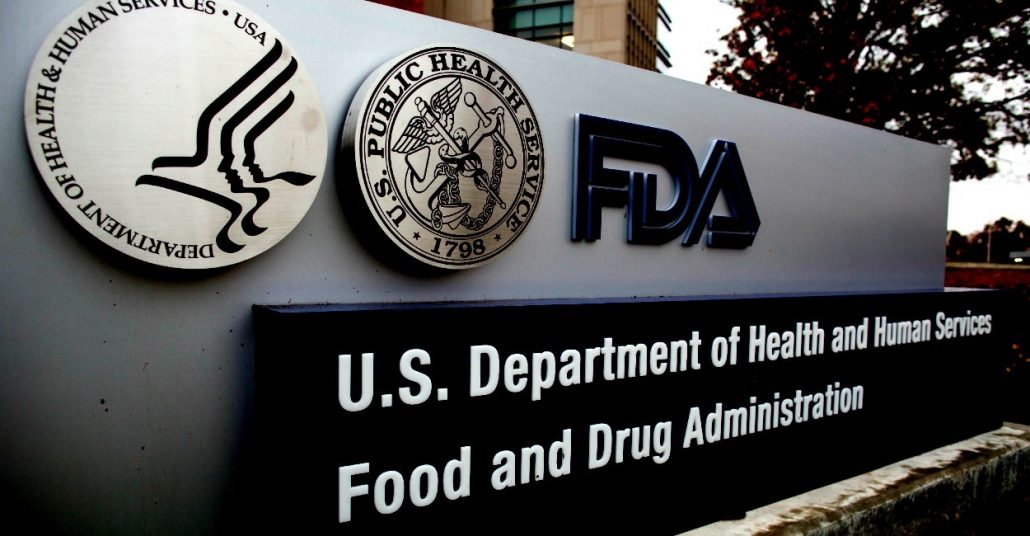The FDA is aware of many pharmacies that compound topical pain creams comprised of multiple ingredients. Oftentimes, at least one of the ingredients is an active ingredient in an FDA-approved topical pain cream, such as lidocaine. The remaining ingredients may be active ingredients in drugs approved by the FDA for non-topical administration to treat non-pain related indications, such as antidepressants, anticonvulsants, antivirals and narcotics.
Clinicians and patients may not be aware of potential safety risks, or the potential lack of effectiveness, associated with certain ingredients and combinations of ingredients in their compounded topical pain creams. In the coming months, the FDA intends to announce its plan to improve the information available about compounded topical pain creams, which will help inform reimbursors’ and the medical community’s decisions about these products.
The FDA is also taking steps to ensure that outsourcing facilities, a new type of compounder created by federal legislation enacted in 2013, are compounding drugs from bulk drug substances for which there is a clinical need. In March of this year, the agency issued a draft guidance that describes how the FDA proposes to evaluate clinical need. Soon, the FDA will be announcing its plan to secure input from medical professionals about clinical need for the nominated substances.
In addition, the FDA is inspecting compounding facilities to assess whether drugs that are essentially copies of FDA-approved drugs are being compounded for patients who could use an FDA-approved drug. As we described in our January 2018 communication, such a practice creates significant public health risks because patients are unnecessarily exposed to drugs that have not been shown to be safe and effective, and it undermines the integrity of the premarket approval processes that Congress put in place to protect patients from unsafe, ineffective, or poor quality drugs.
Furthermore, the FDA is inspecting compounding facilities not registered as outsourcing facilities to confirm that they are distributing compounded drugs pursuant to valid patient-specific prescriptions. The prescription requirement helps to ensure that drugs compounded in these facilities, which are not FDA-approved, are provided to patients based on individual patient needs.



